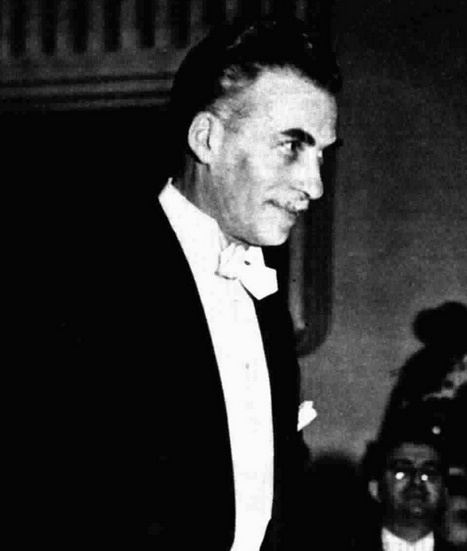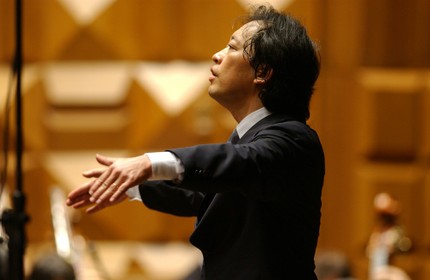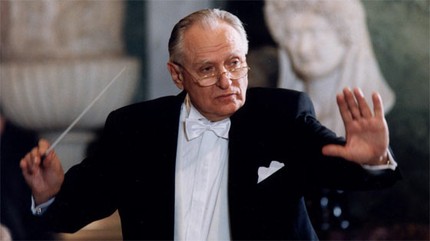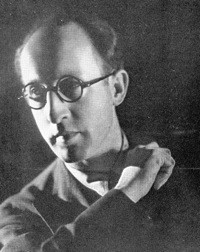
Mario Rossi |
Mario Rossi
“When one tries to imagine a typical Italian conductor, one takes for granted the typical brio and sensuality, sanguine tempos and brilliant superficiality, “theater at the console”, outbursts of temperament and breaking of the conductor’s baton. Mario Rossi is the exact opposite of this look. There is nothing exciting, restless, sensational, or even simply undignified in it,” writes the Austrian musicologist A. Viteshnik. And indeed, both in his manner – businesslike, devoid of any showiness and exaltation, and in terms of interpreting ideals, and in terms of repertoire, Rossi is more likely to approach the conductors of the German school. Precise gesture, perfect observance of the author’s text, integrity and monumentality of ideas – these are his characteristic features. Rossi masters various musical styles superbly: the epic breadth of Brahms, the excitement of Schumann, and the majestic pathos of Beethoven are close to him. Finally, also departing from the Italian tradition, he is first of all a symphonic, and not an operatic conductor.
And yet Rossi is a real Italian. This is manifested in his penchant for the melodious (bel canto style) breathing of the orchestral phrase, and in the graceful grace with which he presents symphonic miniatures to the audience, and of course, in his peculiar repertoire, in which the old one – before the XNUMXth century – occupies a particularly significant place. century – and modern Italian music. In the performance of the conductor, many masterpieces by Gabrieli, Vivaldi, Cherubini, forgotten overtures by Rossini have found new life, compositions by Petrassi, Kedini, Malipiero, Pizzetti, Casella have been performed. However, Rossi is no stranger to the operatic music of the XNUMXth century: many triumphs were brought to him by the performance of Verdi’s works, and especially Falstaff. As an opera conductor, he, according to critics, “combines southern temperament with northern prudence and thoroughness, energy and precision, fire and a sense of order, a dramatic beginning and clarity of understanding of the work’s architectonics.”
Rossi’s life path is as simple and devoid of sensationalism as his art. He grew up and gained fame in his home city of Rome. Here Rossi graduated from the Santa Cecilia Academy as a composer (with O. Respighi) and a conductor (with D. Settacholi). In 1924, he was lucky enough to become B. Molinari’s successor as leader of the Augusteo orchestra in Rome, which he held for almost ten years. Then Rossi was chief conductor of the Florence Orchestra (since 1935) and led the Florentine festivals. Even then he performed all over Italy.
After the war, at the invitation of Toscanini, Rossi for some time carried out the artistic direction of the La Scala theater, and then became the chief conductor of the Italian Radio Orchestra in Turin, also directing the Radio Orchestra in Rome. Over the years, Rossi proved himself to be an excellent teacher, who greatly contributed to raising the artistic level of the Turin Orchestra, with which he toured Europe. Rossi also performed with the best teams of many major cultural centers, participated in music festivals in Vienna, Salzburg, Prague and other cities.
L. Grigoriev, J. Platek, 1969





